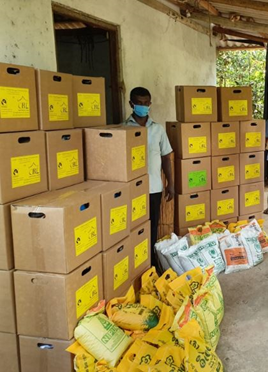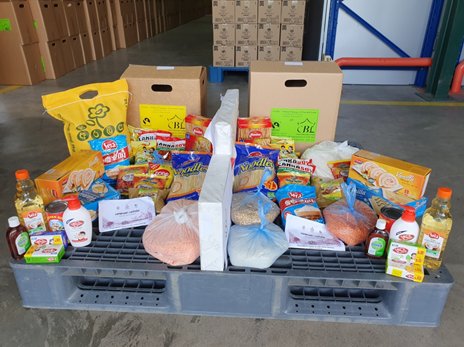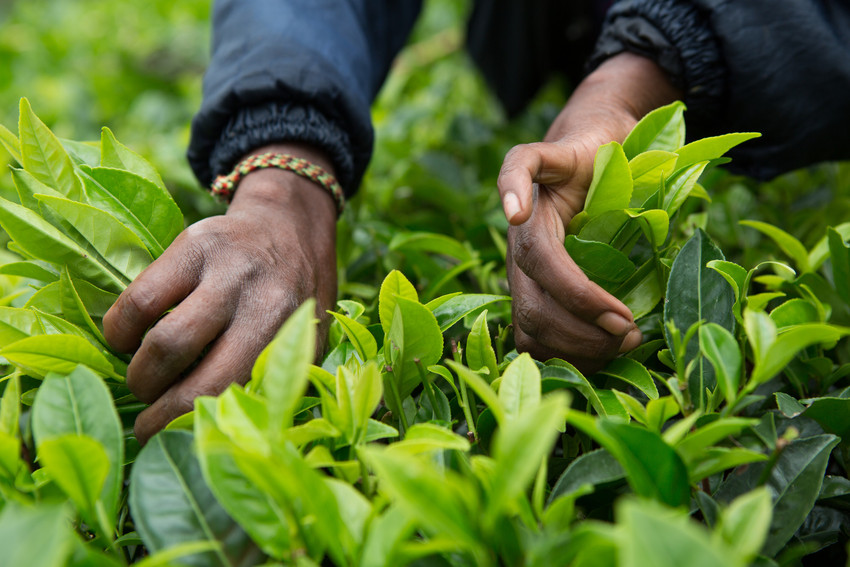Tea planting by smallholders is the source of employment for thousands in Sri Lanka and also the main form of livelihoods for tens of thousands of families. The COVID-19 pandemic has posed extreme challenges and uncertainty for entire farming communities.
In order to protect farmers, the Fairtrade SPOs in Sri Lanka have taken up various disaster relief initiatives to support its farmer members and their communities to survive through the crisis. These examples demonstrate not just the importance of Fairtrade Premium for farming communities, but also the importance of belonging to a co-operative for smallholder farmers. In order to become certified, farmers must organise collectively into co-operatives. Co-operatives link the economic, cultural, and social needs of farmers together and enable them to professionalise, make economies of scale and increase their bargaining power. Equality, democracy, equity, and solidarity unite farmers to compete in a global market and in uncertain times like these the unification and organisation achieved via the co-operative structure has been paramount in enabling relief initiatives to take place so quickly and efficiently, and in addressing the immediate needs of their members democratically.
Co-operative relief measures: essential food parcels, cash grants and PPE packs
MOPA, a tea SPO in Sri Lanka, has approximately 2,043 farmers and farmer families located in Kandy and Matale districts. Due to the restrictions on transportation and the shutdown of many factories to prevent the spread of the disease, the farmers are currently unable to sell their produce. The co-operative has decided to support the farmers by utilising their Premiums to provide a package of essential food items to the farmer members’ families in need. They also intend to provide good quality face masks and essential medicines to families who are finding it difficult to obtain them from normal sources.

Sustainable Agri Farm Enterprises Network (SAFENet), a spice and coconut producer from the region, are unable to sell their produce at this time, as factories continue to remain closed due to the national curfew. Samaranayake, a coconut farmer, has 50,000 de-husked coconuts that he is unable to sell, which are now getting spoiled. As a measure to provide immediate relief, SAFENet has decided to provide each of their farmer families with a cash grant to meet their essential food and medication needs, from the Fairtrade Premium they have at their disposal. The members are instructed to maintain all relevant records of disbursements and bills/receipts, to ensure accountability and effective use of the Premium funds.
Seemasahitha Countrywide Wagakaruwange Samithiya, a fresh fruit, coconut, and spice producer, has also provided roughly five hundred relief packs to its smallholder farmer members.

Find out more about how Fairtrade is responding to the COVID-19 pandemic
